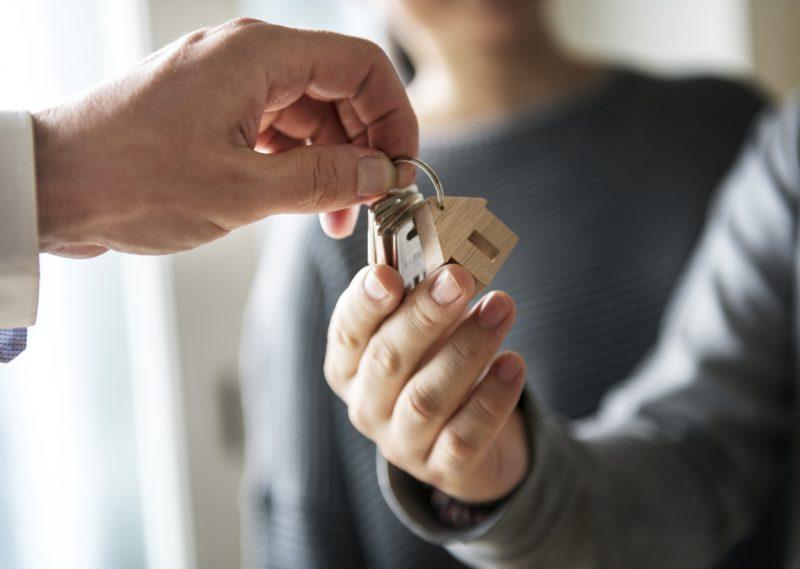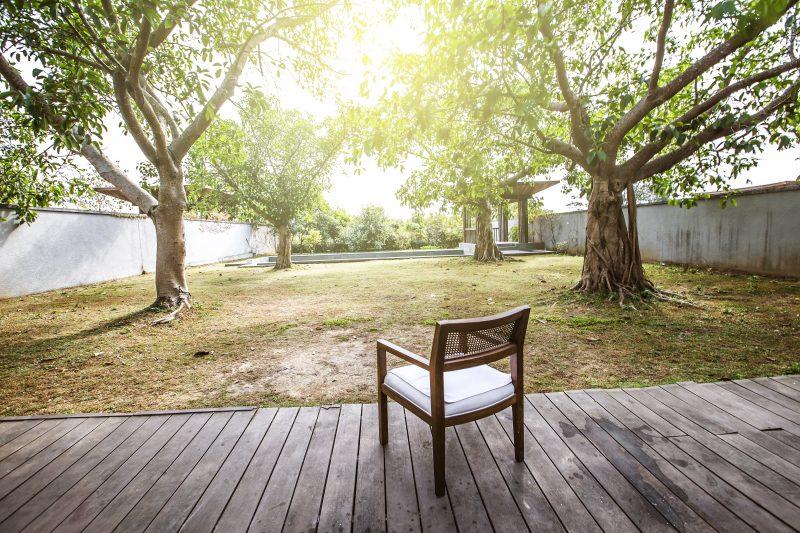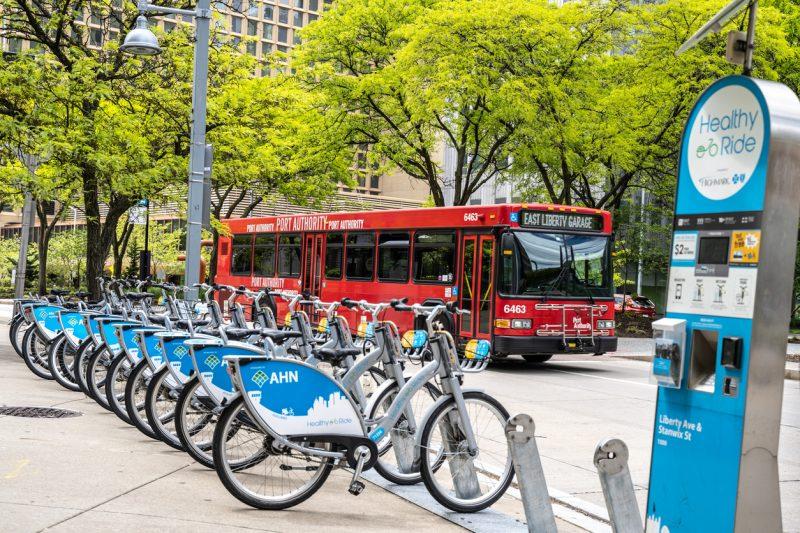


Next, do you own land or not? If you already own one or want to build a house on your parents’ land, there is an assistance scheme that can be utilised, namely the SPNB Skim Rumah Mesra Rakyat (RMR). What is interesting regarding this programme is, successful applicants will get a construction subsidy of RM20,000. For those who are eligible, it is a relatively large amount and can be fully utilised. The Rumah Mesra Rakyat application can be made on the official website of Syarikat Perumahan Negara Berhad (SPNB), RMR Online System.
For those who are not eligible to apply for the SPNB RMR Scheme, you can hire contractors to build your house. Yet you need to be wary of irresponsible house contractors who may cause your home construction project abandoned and overdue for a long time. In fact, make sure that the house that has been completed has a warranty or guarantee to ensure that if there is any damage to the house due to unsatisfactory quality of work, you can still claim your rights.
To ensure that the process of building a house on your land runs smoothly, make sure you make a valid written agreement with the contractor. Make sure every item is clearly stated such as house price as well as construction period.
Many companies offer home building packages for landowners. You just need to do a compare and contrast, and research to determine which company is recognised and fits your budget.
Also, if you own a piece of land, this does not mean you can freely build a house on the site. This is because each land has its land status. For example, if you want to build a house on agricultural land, you may need to change the status of the ‘agricultural’ to ‘building’ first, subject to the approval of the District Council.
In fact, some bank policies require the status of agricultural land to be converted to building land for them to approve loans. Even if the District Council in your area has already approved a building plan on agricultural land, it does not mean that your loan will be approved by the bank. Therefore, make sure you know the status of the land on which you want to build a house, do not build it yet as you have to demolish it if you do not get the approval of the Local Authority.

- If you own a piece of land and you’re planning to build a house but it is very remote and isolated, you need to be willing to incur extra costs to get supplies such as electricity and water (additional costs will apply for electricity poles and pipes).
- If it is too far and isolated, do consider the safety aspect especially if you have a family in case there’s a medical emergency or crime. Travel distances between public facilities such as hospitals and police stations should also be taken into account. However, if the area itself is already within proximity to any of these public facilities, you can already start the project in peace.
- One of the undeniable advantages of buying a ready-to-move-in home is the strategic location. As a tactic to attract buyers, the housing developer will offer public facilities that are already available and close to the construction project.
- Some of the construction projects that have been built are within a short distance from job opportunities. Not just that, facilities such as public transport can also be one of the attractions to buying a ready-to-move-in house. So, as a homeowner, you just have to make a choice of which location you want.

Attractive young woman and her handsome husband looking at each other while calculating family expenses, interior of spacious living room on background
It is not a 100% complete decision if you don’t make a cost calculation. Here are some important things to consider before making calculations for each of these options.
To build a house, two parties will usually provide house building loans, namely government loans for civil servants and bank loans. For Government Housing Loans/ Lembaga Pembiayaan Perumahan Sektor Awam (LPPSA), the government offers two types of loans for the construction of houses on your land with several conditions:
- House construction can only begin after the loan is approved
- The building plan is approved by the local authority and the approval period is still in force
- The house must be built according to the plan during the loan approval
- Fees will be paid based on the development of the stage of the house being built.
For bank loans, the approval conditions and loan policy depend on the bank itself. For a home-building loan with a bank, you need to ask your bank officer about the conditions that have been set.


If you want to build your own house, here are the advantages:
- A home design can be set according to your taste
- You can build a house with a budget as low as RM100/per sq. ft up to as expensive as RM300/ sq.ft
- Those who plan to expand the size of the house in the future may plan from scratch. For example, in the future, you want to add a fish pond at home and you already have a budget. During the early stages of house construction, you can already allocate the land area for the desired fish pond.
At the same time, you must also take into account the disadvantages of building a house on your land.
- To save costs, you need to have your land
- You need to have a basic knowledge of the whole process of building a house to prevent you from being cheated by parties trying to manipulate you
- There may be additional costs from the original calculation. Construction prices may go up or you have to hire other construction workers
- Usually to build a house yourself need to make two loans, namely a loan to buy land (if you do not own a piece of land) and a loan to build a house
- Housing loan payments should start as soon as the money is received. Therefore, while the house is being completed, you may have to pay off the loan (and maybe rent too) while waiting for your house to be ready
- If you are not careful when choosing a home contractor services, you may face the risk of being scammed by the contractor.
Buying a ready-to-move-in house also has its advantages. You can choose to buy a house in the primary market or a sub-sale house.
- You do need to know about the technical aspects of construction and construction costs, you just need to know the process of buying a house
- The risk of going over a set budget is lower because most cost estimates will not exceed a set rate
- There is no risk of being cheated by the contractor
- Completed houses are usually complete with other facilities such as shops, schools, etc
- For those who need loans, more housing loan assistance schemes are being offered to buy ready-to-move-in houses.
Now, let’s see the downside of buying a house.
- An auction or sub-sale house can be at risk of being damaged and requiring additional repair costs
- For the undercon housing market, irresponsible developers can risk the project being abandoned
- There are no options for home design.
No matter whether you choose to build your own house or buy a ready-to-move-in house, each of these options has its advantages and disadvantages. What’s important, check your financial stability before making the choice that best suits you. Think wisely and consider all options before making a final decision. If you have experience in building your own house, share it with us. Whatever your choice is, good luck!
Presented by LBS Bina on 17 Mac 2022
Published at: https://www.iproperty.com.my/guides/build-house-vs-buy-house-which-one-is-better/


